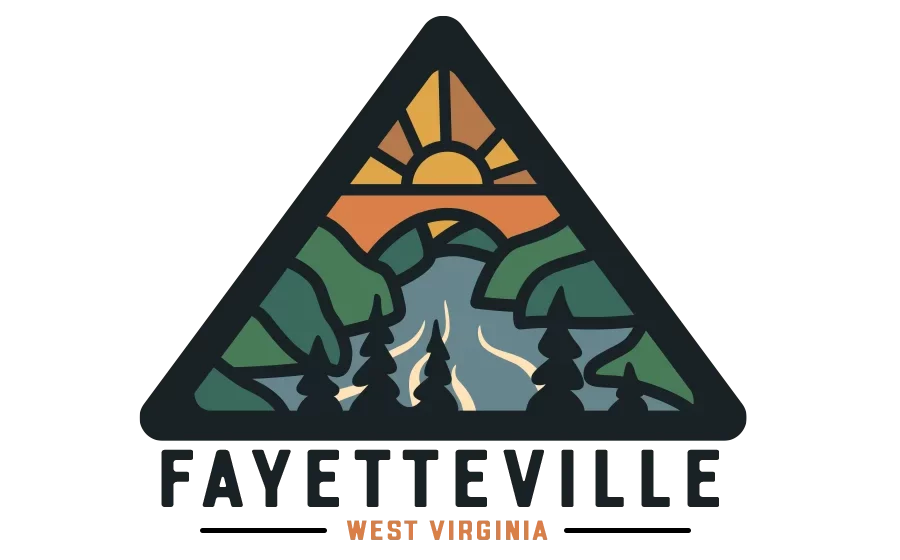June 19th, also known as Juneteenth, commemorates the moment in 1865 when the last enslaved people in the United States were finally freed — over two years after the Emancipation Proclamation. It is a day to honor the struggle for freedom and equality, to reflect on our history, and to celebrate the resilience and contributions of Black Americans.
Here in Fayetteville, we believe that honoring history means uplifting local voices and stories that have shaped our region — stories that continue to inspire and teach us.
We encourage you to explore:
- The National Parks African American Heritage Trail, which tells the story of Black coal miners, community leaders, and families who helped build this region.
Dr Carter G. Woodson NPS Photo
- Dr. Carter G. Woodson, widely known as the “Father of Black History Month.” Carter spent part of his early life working in the coalfields of the New River Gorge, where he listened to stories from miners. His legacy as a historian, author, and advocate for preserving Black stories is foundational to how we remember history today.
- The historic Black church in nearby Thurmond, where faith and community provided strength and sanctuary for generations.
- Thomas L. Sweeney, the town’s first Black lawyer. Sweeney broke barriers in the legal system and left a lasting impact through his dedication to justice and civil rights.

Camp Washington Carver NPS Photo
- A short drive from Fayetteville, Camp Washington Carver opened in 1942 as the first 4-H camp in the nation for African American youth. Named after Booker T. Washington and George Washington Carver, it was built by the Civilian Conservation Corps and remains a powerful symbol of heritage, education, and resilience.
- Second Baptist Church, a historic black church has been preserved and transformed into The Love Hope Center for the Arts — a gallery and community hub that continues to amplify voices and creativity across all backgrounds.
- The Pierce Cemetery Foundation, in partnership with the National Coal Heritage Area and Preserve WV AmeriCorps, is actively working to preserve Fayetteville’s largest African American burial ground, the Peirce Cemetary. Their efforts honor the lives and legacies of those buried there, many of whom were integral to the history of the New River Gorge region.
These stories are just the beginning and a tiny snippet. Through our Finding Fayetteville project, we’re working to preserve and share the personal histories, traditions, and memories of our community. We believe storytelling is a powerful way to honor the past and build a more inclusive future.
If you have a story — your own, your family’s, your community’s — we invite you to share it with us. Your voice matters and we would be honored to share your stories, you can submit stories on the Finding Fayetteville page.
This Juneteenth, let’s celebrate freedom by remembering those who came before us, lifting up those making history now, and creating space for all voices to be heard.

